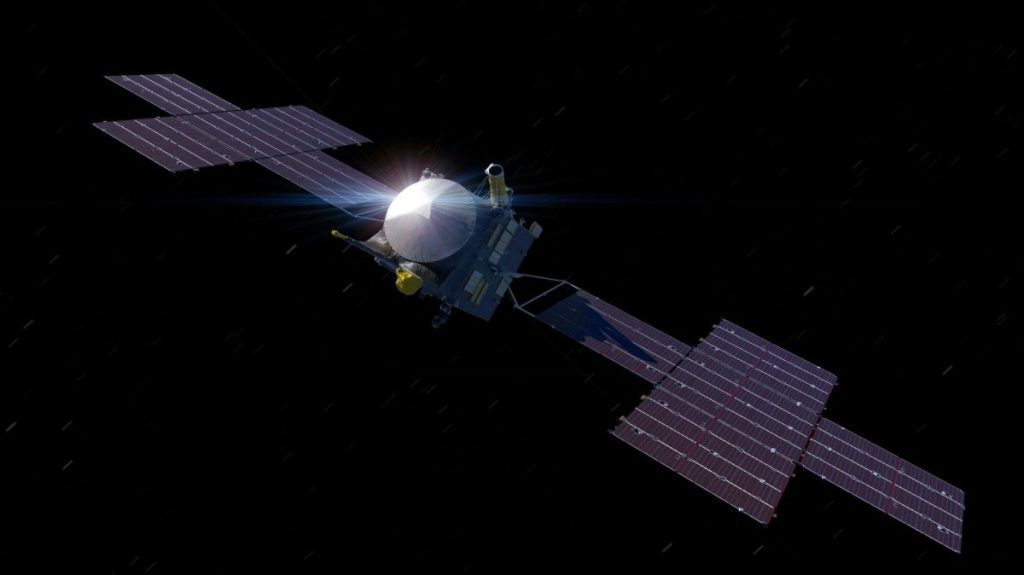Since the launch of the NASA Psyche asteroid probe has been postponed by one year until 2023 and more personnel have been put in place for preparations, the Veritas mission to Venus, which was actually scheduled to take place at the end of 2027, will be delayed by at least three years. The US space agency announced this, and then admitted that the personnel problems at the responsible Jet Propulsion Laboratory are in fact significant. Previously, an independent review found that a major factor in Psyche’s delay was an “imbalance between workload and available labor at JPL”. That’s why the team is now expanding – at the expense of the flower mission.
“Canary in the Coal Mine”
At the end of June, NASA announced that Psyche will not be able to launch in the fall as planned. The time to check the navigation software is no longer enough, as was said at the time. At the same time, an independent investigation into the events was launched, the results of which were presented internally in the fall. NASA has responded now He acknowledged that staffing shortages had been identified as an important factor in the delay. In principle, the report is like “the canary in the coal mine,” says NASA chief scientist Thomas Zurbuchen, acknowledging that fundamental problems have been found. Several other proposals have also been implemented, such as the regulation of know-how and the “post-pandemic work environment”.
Psyche is part of NASA’s Discovery program, and the mission was decided in early 2017—along with the Lucy mission, which has already begun. The release of Psyche, which was originally scheduled for 2023, was introduced later and has now been pushed back to the original date. The orbit will go to an asteroid of the same name in the main belt. Unlike nearly all asteroids, asteroid (16) Psyche is not made of rock or ice, but appears to be composed primarily of iron and nickel. It may be a remnant of an earlier planet that lost its lithosphere.
Venus probe required
Veritas (Venus Emissivity, Radio Science, InSAR, Topography, and Spectroscopy) will map the surface of a neighboring planet to understand geological evolution. Venus will be scanned from orbit by radar in order to record surface altitudes on the planet and create a 3D reconstruction of the terrain. This is to determine if tectonic plate displacements and volcanoes are still active. In addition, the probe will use a sensor from the German Aerospace Center to record infrared emissions from the surface of Venus so that it can examine previously unknown rock types.
(mo)

“Social media evangelist. Baconaholic. Devoted reader. Twitter scholar. Avid coffee trailblazer.”








More Stories
Longest jets in the universe discovered – giant particle streams as long as 140 Milky Way galaxies in a row
New method reveals 307 supernova remnants
Snapchat is upping the ante on augmented reality glasses